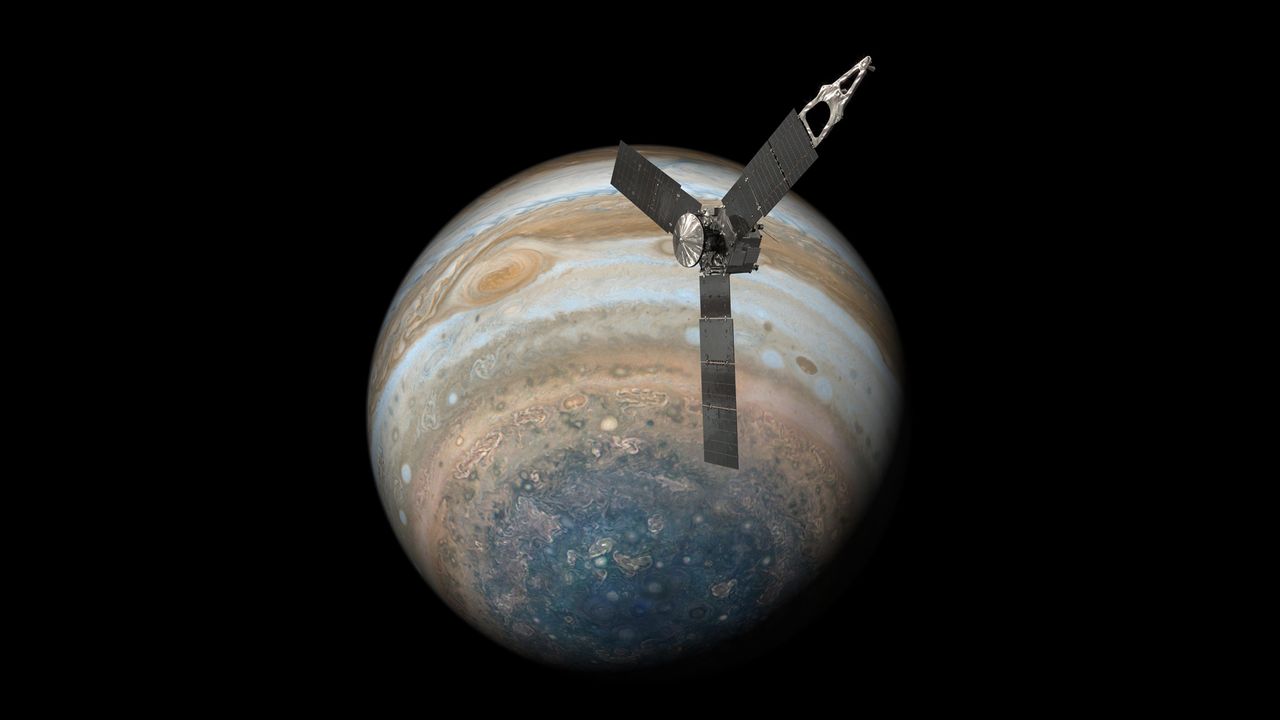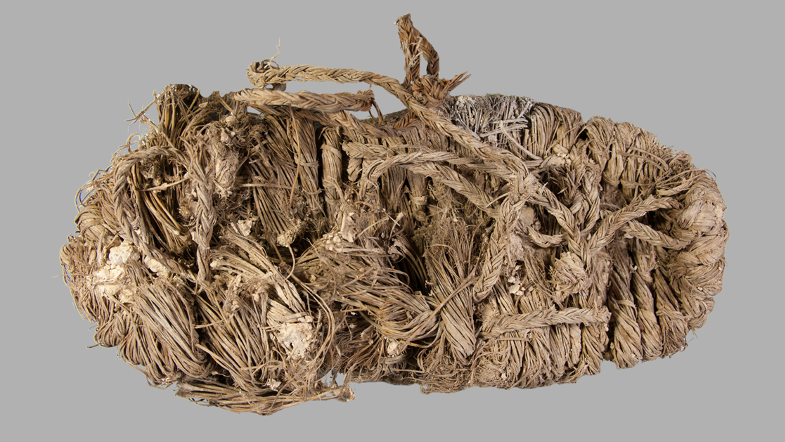What's the longest someone has been clinically dead — but then come back to life?
PositiveScience

It's fascinating to think about how some people have come back to life after being clinically dead for extended periods. When the heart stops, brain cells begin to die quickly, but there are remarkable cases where individuals have defied the odds and returned to life. This topic not only sparks curiosity about the limits of human biology but also raises questions about the nature of life and death, making it a significant area of interest for both medical professionals and the general public.
— Curated by the World Pulse Now AI Editorial System







